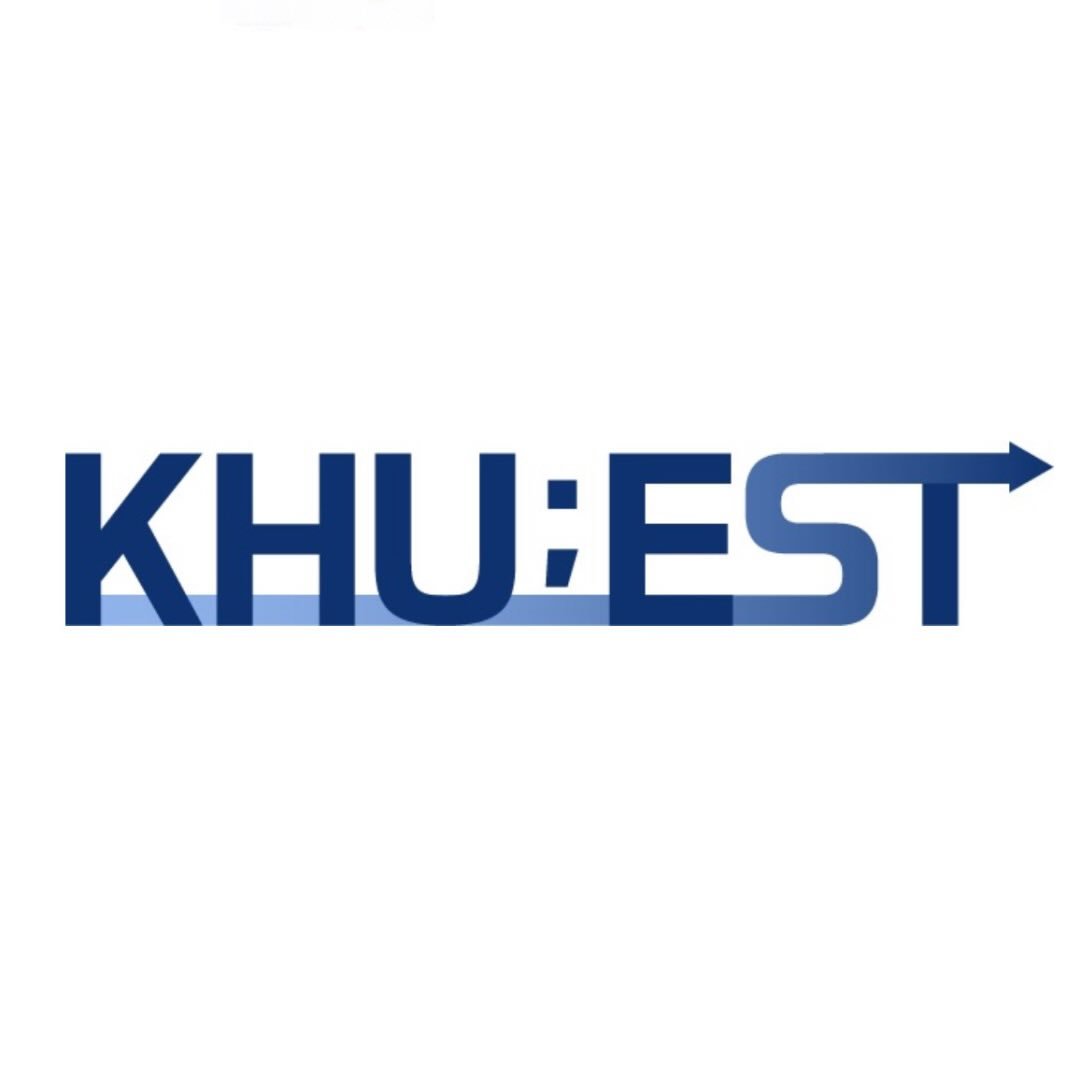[Feature] Medical Humanities With Aging: Exploring How to Live a Better Senior Life
The HK+ Institute for Integrated Medical Humanities (IIMH) released the book Medical Humanities with Aging on February 26, 2024, published by Modl Book. The institute focuses on the study of human birth, aging, and sickness.
The book is divided into four chapters, each respectively authored by a professor from the institute: Choi Ji-hee, Lee Dong-gyu, Kim Hyun-su, and Jo Min-ha. The primary theme of the book is aging and the end of life, aiming to help readers consider how to live a better life in their senior years.
IIMH, a research institute at Kyung Hee University (KHU), has been building a strong foundation in integrated medical humanities since 2019. Unlike traditional medical humanities, which focus on training healthcare professionals, this new study area explores medical questions through a humanities-based approach. To achieve this objective, the institute has published 162 works, comprising books and academic theses, in partnership with 24 experts, including professors and researchers.
Chapter Summaries
The first chapter explains how modern China embraced the concepts of hygiene and health, particularly in relation to the elderly. In modern China, the health status of seniors is a yardstick of the nation’s welfare capacity. Various elder initiatives were implemented, including senior health competitions, medical coverage of western senior health cases, and promotion of health supplements. Through these cases, the author encourages readers to consider what investments are necessary for the government to achieve ideal policies for elderly care.
The second chapter describes how foods reflect social and cultural aspects, using cases from the United States (US). In the 1960s, diabetes was a significant social problem in the US. This led to numerous recommendations for lower nutritional intake. Moreover, aging became another social issue, leading the government to encourage people to develop healthier lifestyles and eating habits. The author explains that the types of foods people choose are influenced by societal priorities, making the study of food and eating habits crucial for predicting future social trends.
The third chapter discusses the importance and measurement of bedsores, a skin disease characterized by the presence of pus and necrosis on the surface. Bedsores are primarily caused by ischemia or reduced blood flow to parts of the body, which is particularly common among seniors due to their reduced mobility. According to the Health Insurance Review & Assessment Service, the incidence and death caused by bedsores among the elderly are steadily increasing, highlighting society’s need to address this issue. The author shares personal experiences of caring for his mother’s bedsores and argues that society must prepare for elderly health issues in an aging population.
The last chapter discusses the communication between the baby boom generation, those born between 1955 and 1963, and other generations. As the baby boom generation enters senior status, the author emphasizes the importance of learning proper communication skills to ensure a happier life after retirement. Understanding, respect, and emotional expression are highlighted as crucial factors for effective communication.
Key Message
The central question of the book is: What are the ways to have a happier senior life? The book suggests that, rather than avoiding aging through technological advancements, we should focus on living healthily and happily as we grow older.
Medical Humanities with Aging primarily discusses how to live a happier senior life. To achieve this purpose, the book explores various themes, including health initiatives in the US and China, considerations for preventing bedsores, and strategies for intergenerational communication. Through these themes, readers are encouraged to find their own answers. This process of self-discovery may contribute to a more harmonious and ultimately happier society.
There are no registered comments.
I agree to the collection of personal information. [view]


